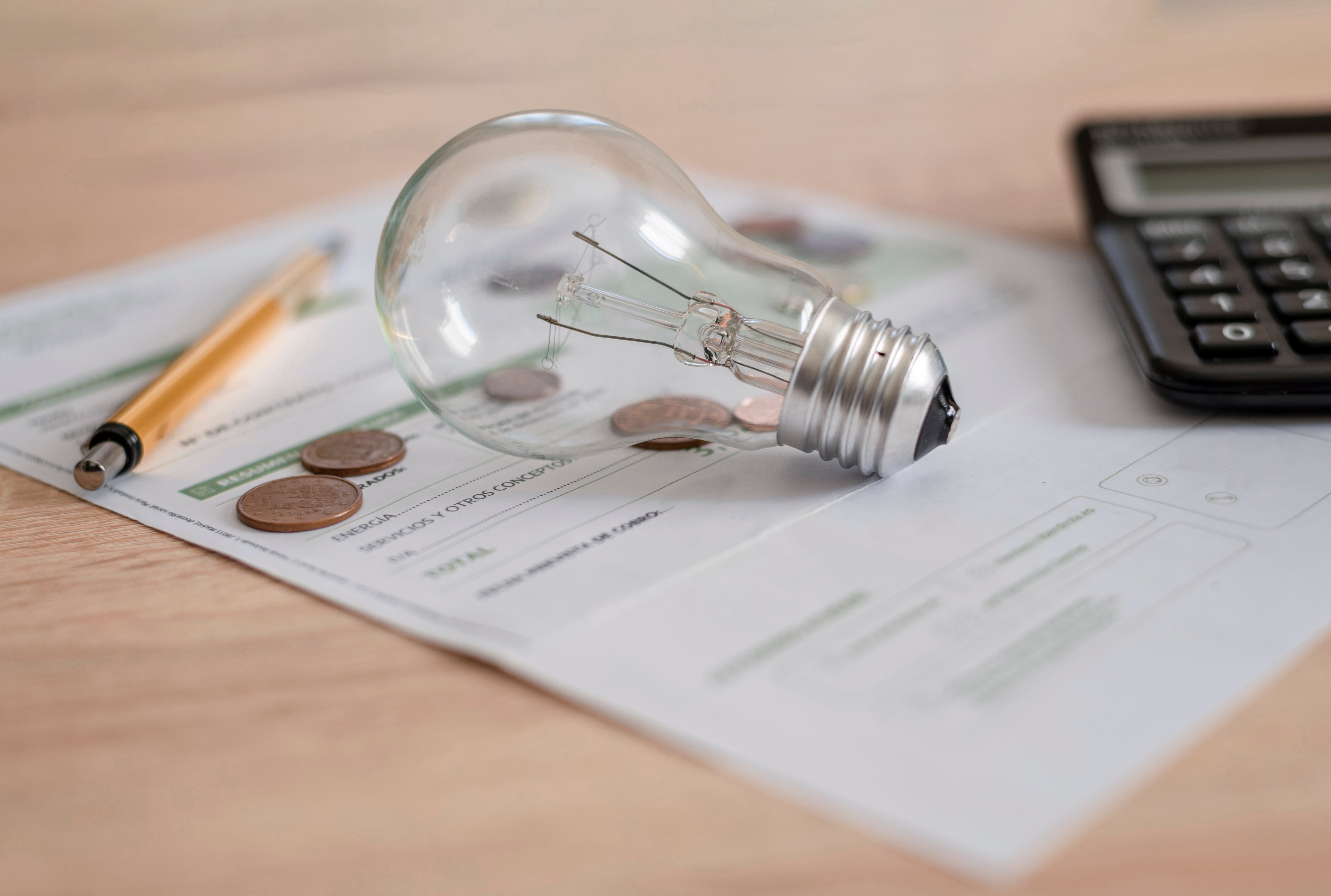When you first set up electricity in your new home in Texas, you'll encounter a range of charges, and one of the most pivotal is the connection fee. At Gexa Energy, we understand that these electricity connection fees can be a bit perplexing. That’s why we're here to break down what these charges mean, who sets them, and how they affect your electricity costs. Our goal? To help you navigate these initial expenses with clarity and confidence so you can make the most informed decisions about your energy use and choose the right electricity plan for your home.
{{CTA-Plans}}
What Is a Connection Fee for Electricity?
A connection fee is a one-time charge applied by retail your electricity provider to initiate service. This fee can vary based on several factors and is essential when starting or switching your electricity service.
The Role of TDUs and REPs in Connection Fees
In Texas, the electricity market is divided between Transmission and Distribution Utilities (TDUs)—also called Transmission and Distribution Service Providers (TDSPs)—and Retail Electricity Providers (REPs). Understanding their roles can clarify why connection fees for electricity are applied and how they are calculated.
- Transmission and Distribution Utilities (TDUs): These companies own the physical infrastructure of the electricity network—like poles and wires. They are responsible for the maintenance and operation of the electrical grid. TDUs charge fees to connect new customers to this grid or to make any infrastructure changes required to start service. These are the necessary connection fees for physically connecting your property to the power grid.
- Retail Electricity Providers (REPs): Companies like Gexa Energy, or REPs, sell electricity to consumers and manage customer service. REPs collect the TDU connection fees through the electricity bills they issue to customers and pass them directly to the TDUs. REPs do not set these connection fees but must include them as part of the overall electricity service billing.
How Much is an Electricity Connection Fee?
Connection fees in Texas typically range between $20 to $100, influenced by your location, the specific requirements of connecting your property to the grid, and the TDU in your area. Densely populated areas might see higher fees due to more complex infrastructure needs, while rural areas could have lower fees but possibly higher logistical challenges.
Factors Influencing Connection Fees
The variability in electricity connection fees can be attributed to several key factors:
- Location: Different TDUs operate in different regions, each setting their own fees based on local infrastructure and regulatory costs.
- Type of Property: Residential and commercial properties may have different connection fees based on their specific electricity needs.
- Infrastructure Requirements: Properties requiring extensive upgrades or installations may encounter higher fees.
Gexa Energy’s Competitive Edge
While Gexa Energy does not control TDU connection fees, we strive to keep our part of the costs as competitive and transparent as possible. We provide straightforward billing that itemizes these fees, ensuring you understand what you are paying and why. This transparency helps us maintain an edge in a competitive market by providing our customers with predictable billing and no hidden costs.
Understanding Your Billing Structure
Is there a connection fee for electricity on your monthly energy charges? These fees are usually listed as a separate line item on the average electric bill in Texas, directly reflecting the charges from the TDU passed through by your REP. Alongside connection fees, you'll also find regular service charges and possibly other miscellaneous fees.
Managing and Minimizing Connection Fees
Although TDU connection fees are non-negotiable, being informed can help you manage your overall electricity costs:
- Choose the Right Plan: Selecting a plan that aligns with your usage habits can offset the impact of initial connection fees.
- Energy Efficiency: Reducing your overall energy consumption can lower ongoing costs, making the initial connection fee more manageable proportionally.
- Understand Your Bill: Knowing how to read your bill can help you spot inaccuracies or unnecessary charges.
Navigating Texas Legislation and Regulatory Guidelines on Connection Fees
In Texas, understanding the legislation and regulations that govern your electricity connection fees is key to becoming an empowered consumer.
Public Utility Regulatory Act (PURA): This act, in tandem with the administrative rules, lays the groundwork for transparent communication about all fees, ensuring that connection fees are reasonable and justifiable. If a fee on your bill looks too high, PURA and administrative rules offer protection and the ability to question it.
Public Utility Commission of Texas (PUCT): This body oversees the activities of both TDUs and Retail REPs. It ensures that TDU charges for connection services are fair and reflect the actual cost. Any changes in these fees are closely monitored and must be approved by the PUCT so you can trust that a watchdog is looking out for your interests.
Your Rights as a Consumer: Texas laws are designed to protect you. You have the right to receive a detailed bill that breaks down all charges, including connection fees. If something doesn’t look right, you're entitled to challenge and dispute these charges.
How to Handle Disputes: If you ever feel that a connection fee is unfair, the PUCT is there to help. They offer a process for filing complaints and resolving disputes.
Being informed about these regulations puts you in a stronger position to manage your electricity costs effectively. Remember, knowing your rights and the rules that protect them is your best defense against unwarranted charges.
Final Thoughts
Connection fees are integral to the electricity setup in Texas' deregulated market. By understanding the roles of TDUs and REPs, you can better navigate these fees and plan your energy expenses effectively. At Gexa Energy, we are dedicated to empowering you with clear information and competitive energy solutions, helping you make the most informed decisions about your electricity service.
Learn more about How to Pick the Right Electricity Plan.






































